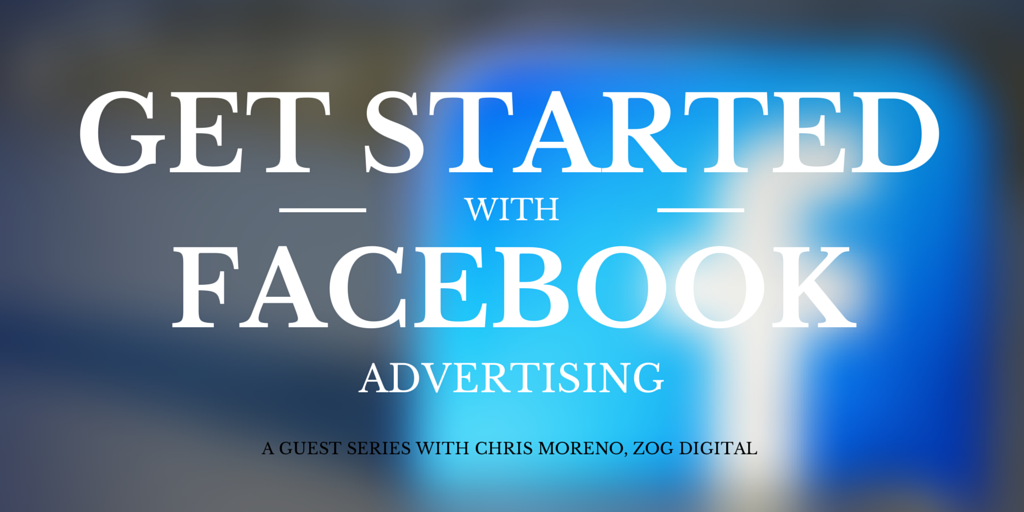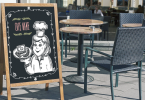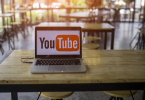
Editor’s Note: This is the fifth and final post in a comprehensive series on Facebook advertising. We invited an expert on this subject, Chris Moreno with Zog Digital, to write the series for NextRestaurants readers. Chris previously worked at Facebook and now heads up the paid social media advertising team at Zog.
- Article 1: Advertising Your Restaurant on Facebook
- Article 2: Facebook Advertising Options Restaurants Need to Use
- Article 3: How to Target Your Restaurant’s Facebook Advertising
- Article 4: 4 Facebook Advertising Myths Restaurants Need to Ignore
For many restaurant marketers, the most difficult part of a Facebook advertising strategy is accurately measuring the effectiveness of ads. Without being able to measure how ads directly influence the purchasing decisions of consumers, marketers cannot produce reports that connect ad spending directly to sales or overall ROI.
Restaurants, unlike other businesses with e-commerce platforms, must create a method to track how social media ads compel consumers to go to a physical restaurant. By creating a strategy to track consumer conversions, restaurant marketers can move forward with optimization by testing different offers, images, content, and targeting.
Offline conversion tracking also allows restaurant marketers to put a specific ROI value on Facebook advertising efforts, something necessary before increasing advertising budgets going forward.
Facebook advertising offers multiple options when it comes to restaurants attempting to track offline conversions, but for restaurants there are two main strategies to directly connect Facebook ads to in-store sales.
1. Use Facebook Offers For Trackable Deals
Facebook offers are a way to integrate a discount offer directly into a Facebook post and then track the usage of that offer over time. Offer ads are shown to users, who can then click the “Get Offer” button to claim it. Facebook users then have the option to share the offers they like the most with their friends, which means restaurants can reach more people.
These offer ads can be targeted toward specific groups, just like any other Facebook ad, meaning that restaurant marketers can, and should, create personalized content for each target audience. As the coupons are redeemed in restaurant, the marketers can track how often each offer is redeemed to optimize offer ad campaigns.
One way restaurant marketers can leverage these ads is to create special deals that are only shown to fans of the restaurant. This not only allows advertisers to connect Facebook fans to eaters, but also reward current fans and entice more users to become fans of the restaurant online.
2. Use Unique Coupon Codes To Compare Channels
Through the use of unique CPC codes, restaurant marketers can track the usage of the same offers through different marketing channels. For example, a restaurant can use multiple CPC codes for the same 10 percent off coupon, with each CPC code specifically attached to Facebook, newspapers, search engine ads, or direct to mail ads. Then, as the coupons are redeemed, marketers can analyze results and optimize in real time.
This option can be especially appealing because of its ability to directly compare the effectiveness of different advertising options against each other. This analysis has the ability to provide concrete data on how Facebook advertising compared with traditional restaurant advertising mediums such as emails or direct-mail ads.
3. Track Actions on Your Website
Finally, it’s possible to track any measurable actions on your website based on traffic driven from a Facebook ad unit. These can include when consumers download a menu, schedule a reservation, buy a gift card or sign up for your email list among many others. By setting up a conversion tracking pixel, restaurant marketers can create a unique JavaScript code to place on a thank you or conversion page of your website.
Say, for example, you want to know when people get to your website and download a dining coupon. By placing the code on the final print coupon page, Facebook will report in real time whenever a user navigates to that coupon page directly from a Facebook ad.
Conclusion
Throughout this series, we provided you with the knowledge and ability to create, optimize and track the effectiveness of Facebook ads.
Marketers like you who are looking to gain sales, increase awareness and build a larger customer base would be wise to look toward Facebook advertising for new opportunities. Facebook advertising has proven effective at helping restaurants increase sales through the use of highly targeted ads that push specialized and personalized content to strategically chosen target audiences.






